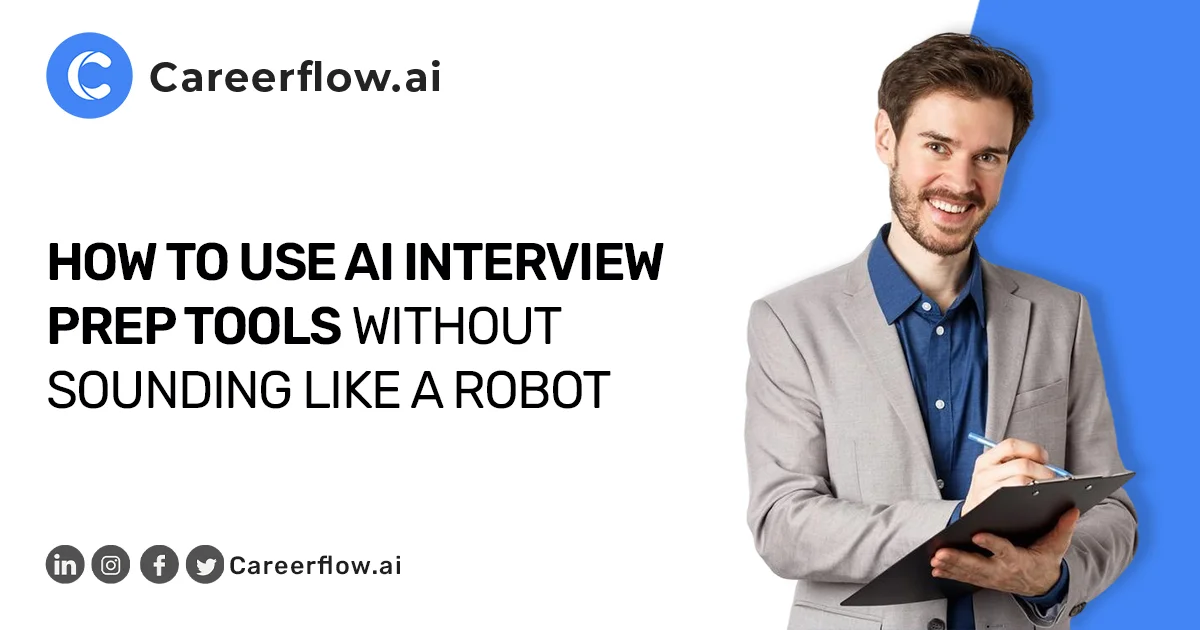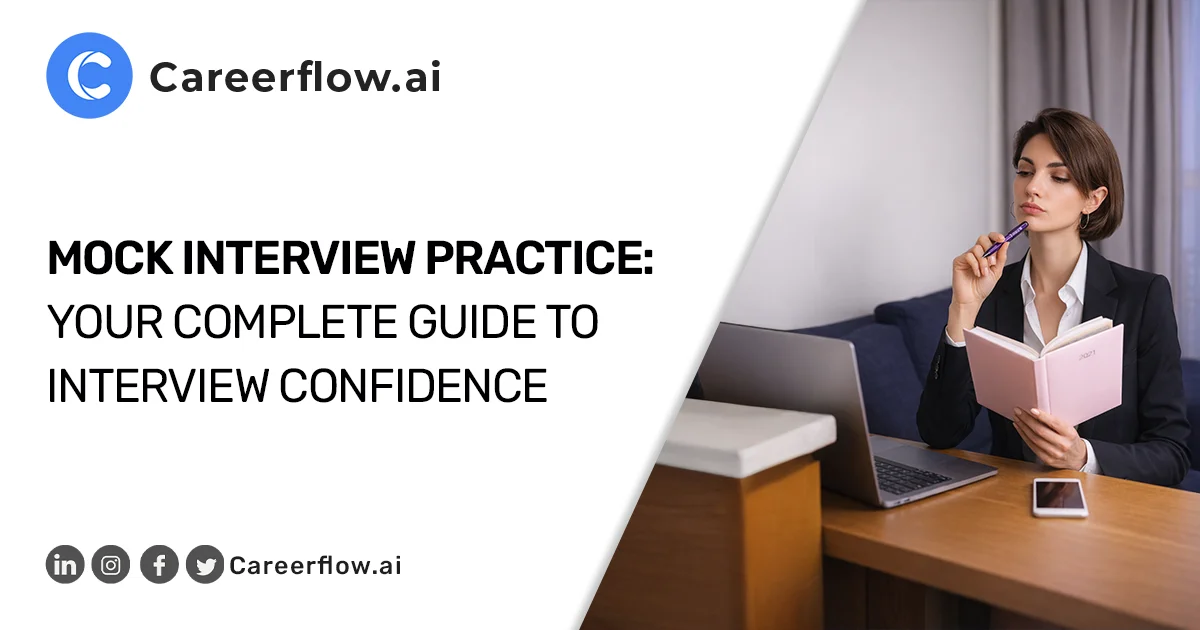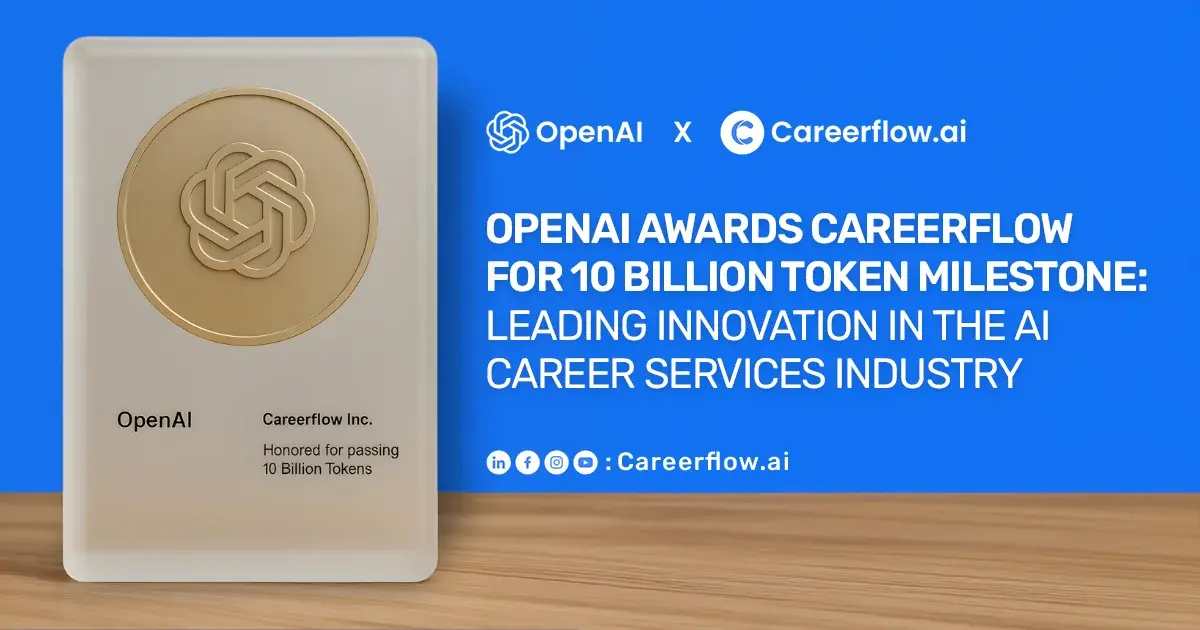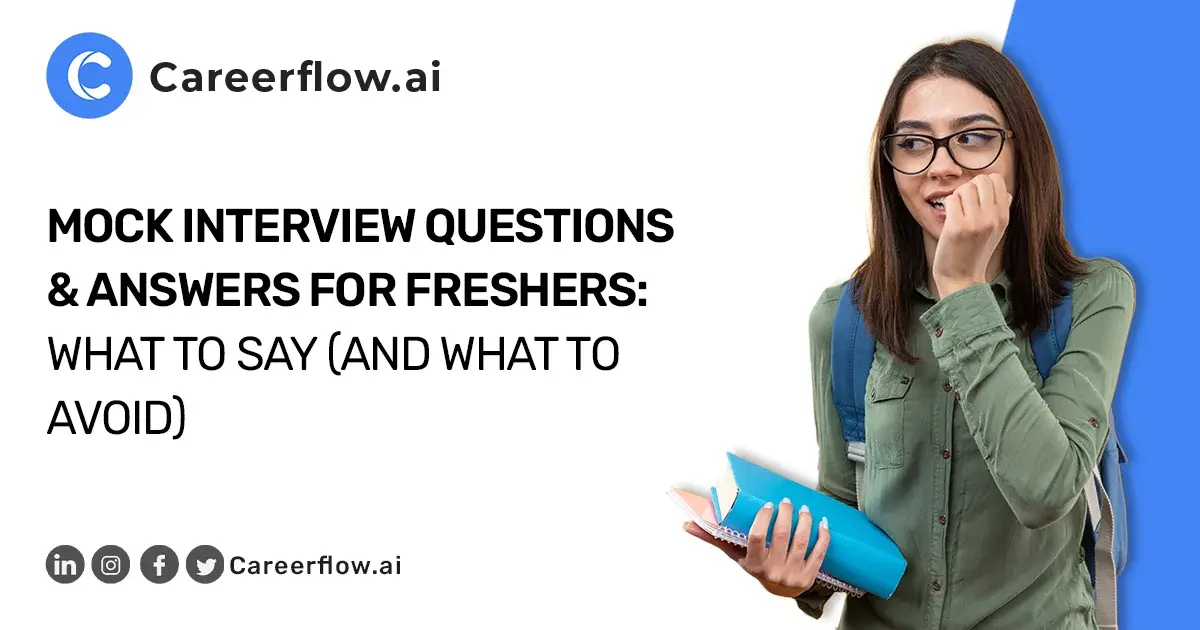The job market is competitive, and making a strong first impression is crucial. Your resume is undoubtedly important, but how you present it can be just as critical. Sending your resume attached to a blank or poorly worded email is a common mistake that can cost you an opportunity.
This guide will walk you through crafting professional, concise, and compelling emails to accompany your resume. We'll cover why your email's presentation matters, the key components of a well-crafted message, and how to tailor your communication for different scenarios. We'll also provide sample templates for various situations, practical formatting advice, and common pitfalls to avoid, ensuring your application stands out for all the right reasons.
Why Your Email Matters
Consider your email as the virtual handshake that comes before your resume. Before a recruiter even opens the attached document, they are already reading your message. This means your email serves as the first impression, shaping how your application will be viewed.
The tone, formatting, and attention to detail in your email aren't just minor details—they're direct signals of your professionalism and communication skills. A well-crafted email builds trust and significantly increases the likelihood that your resume will not only be opened but also thoroughly read.
Conversely, a generic, messy, or poorly written email can have the opposite effect. It might suggest a lack of care or attention, potentially leading to your resume being skipped or ignored altogether, regardless of how impressive its content may be. Your email isn't just a delivery method; it's an integral part of your application.
What to Include in Your Email
Crafting an effective email to accompany your resume means including several key elements that guide the reader and highlight your professionalism. Here's a breakdown of what to include:
- Subject Line: This is your first impression, so make it count. Use a clear and specific subject line such as "Application for [Job Title] - [Your Name]" or "Job Application: [Your Name] - [Job Title]". This helps the recipient immediately identify the purpose of your email.
- Greeting: Always aim for personalization. If you know the hiring manager's name, use it: "Dear [Mr./Ms./Mx. Last Name]". If not, "Dear Hiring Manager" or "Dear [Company Name] Team" are acceptable and professional alternatives.
- Opening Line: Get straight to the point. Your opening line should state the purpose of your email and clearly indicate the specific job you are applying for. For example, "I am writing to express my enthusiastic interest in the [Job Title] position advertised on [Platform where you saw the job]."
- Body: This section is your concise pitch. Briefly introduce yourself and summarize why you are a strong fit for the role. Don't rehash your entire resume; instead, reference a few relevant qualifications or key achievements that directly align with the job description. Keep it succinct and impactful.
- Attachment Reminder: Make it easy for the recruiter. Clearly note that your resume (and cover letter, if applicable) are attached to the email. A simple "Please find my resume attached for your review" works well.
- Closing Line: End your email professionally. Thank the reader for their time and consideration, and include a polite call to action, such as "I look forward to hearing from you soon" or "Thank you for your time; I am available for an interview at your earliest convenience."
- Signature: Provide all necessary contact information. Include your full name, email address, phone number, and a link to your LinkedIn profile (if it's professional and up-to-date). This ensures the recruiter can easily get in touch with you.
Email Templates for Sending a Resum
Subject: Application for [Job Title] - [Your Name]
Dear [Hiring Manager's Name or "Hiring Team"],
I'm writing to express my keen interest in the [Job Title] position at [Company Name], as advertised on [Platform where you saw the job].
With [Number] years of experience in [Your Industry/Relevant Skill] and a proven track record in [mention 1-2 key accomplishments or relevant skills], I am confident in my ability to contribute effectively to your team. My background in [specific skill relevant to the job] and [another specific skill] aligns well with the requirements outlined in the job description.
Please find my comprehensive resume attached for your review. I've also included a cover letter that elaborates on my qualifications and enthusiasm for this role.
Thank you for your time and consideration. I am eager to learn more about this opportunity and discuss how my skills and experience can benefit [Company Name]. I look forward to hearing from you soon.
Best regards,
[Your Full Name]
[Your Email Address]
[Your Phone Number]
[Your LinkedIn Profile URL (Optional, but recommended)]
Example Email for Sending a Resume
Subject: Application for Marketing Coordinator - Nikita Gupta
Dear Ms. Thompson,
I am writing to express my strong interest in the Marketing Coordinator position at [Company Name], as advertised on LinkedIn.
With 3 years of experience in digital marketing and a proven track record of increasing social media engagement by 25% in my previous role at [Previous Company], I am confident I possess the skills and enthusiasm to contribute significantly to your team. My expertise in content creation, SEO optimization, and campaign management aligns perfectly with the requirements outlined in the job description.
Please find my resume attached for your detailed review.
Thank you for your time and consideration. I am eager to learn more about this opportunity and discuss how my skills can benefit [Company Name]. I look forward to hearing from you soon.
Sincerely,
Nikita Gupta
nikita.gupta@email.com
+1 (123) 456-7890
https://www.linkedin.com/in/guptanikita16/
Different Scenarios for Sending Your Resume
Different scenarios call for different approaches when sending your resume via email. Here are elevated templates and key considerations for common situations:
Referral-Based Application
Leverage your network! When someone refers to you, make sure to highlight that connection.
Key considerations:
- Mention the referrer prominently in both the subject line (if appropriate) and the opening sentence.
- Clearly state why you're applying and how your background aligns with the position.
- Briefly explain your connection to the referrer.
Example Subject: Referral Application: [Job Title] - [Your Name] (Referred by [Referrer's Name])
Internship Application
For internships, emphasize your potential, eagerness to learn, and relevant academic or project-based experience.
Key considerations:
- Highlight academic achievements, relevant coursework, and specific skills gained from school projects, volunteer work, or part-time roles.
- Express your enthusiasm to learn and contribute to a professional environment.
- Focus on how the internship aligns with your career goals and what you hope to gain.
Cold Email to a Hiring Manager
This approach requires a bit more finesse as you're initiating contact without a specific job opening.
Key considerations:
- Introduce yourself concisely and explain why you're reaching out (e.g., admiration for their company, specific project, or industry trend).
- Clearly describe the type of role you're seeking or the value you believe you can bring to their organization.
- Attach your resume as a general overview of your capabilities, not as an application for a specific role (since there isn't one yet).
- Keep the email brief and respectful of their time.
Follow-Up Email
Persistence can pay off, but timing and tone are crucial.
Key considerations:
- Send this 5–7 business days after your original application if you haven't heard back.
- Restate your continued interest in the position and politely inquire about the status of your application.
- Reiterate one key reason why you're a great fit, without being pushy.
- Keep it very brief and to the point.
Example Subject: Following Up: Application for [Job Title] - [Your Name]
Tips for a Professional Resume Email
Sending your resume via email isn't just about hitting "send"; it's about making a polished impression. Here are crucial tips to ensure your email is professional and effective:
- Keep it Concise: Aim for your email to be short, ideally under 150 words. Recruiters are busy, so get straight to the point.
- Enhance Readability: Use short paragraphs and bullet points to break up text and improve readability. A dense block of text is daunting.
- Proofread Meticulously: Double-check everything – spelling, grammar, tone, and formatting. Even small errors can reflect poorly on your attention to detail.
- Maintain Professionalism: Avoid emojis, slang, or overly casual phrases. Your email is a formal communication.
- Use a Professional Email Address: Stick to an address like firstname.lastname@example.com. Avoid playful or unprofessional email IDs.
- PDF Attachments are Key: Save your attachments as PDFs to maintain formatting across different devices.
- Label Files Clearly: Name your files professionally, such as "Jane Smith Resume.pdf" or "Jane Smith Cover Letter.pdf".
- Test Your Attachments: Always test the attachments to ensure they open correctly before sending.
- Specify for Shared Inboxes: If you're sending to a general or group inbox, include the job title and location in your subject line to help with routing.
- Prevent Accidental Sends: A smart trick is to leave the 'To' field blank until your email is completely ready to go.
Common Mistakes to Avoid
Even with the best intentions, it's easy to make slip-ups. Watch out for these common mistakes when emailing your resume:
- No Attachments: The most critical error! Forgetting to attach your resume (or sending the wrong file) means your application won't even be considered.
- Vague Subject Lines: Avoid generic headers like "Job Application" or "Resume." These often get overlooked or filtered into spam. Be specific.
- No Personalization: Don't just copy-paste a template without updating the role or company name. This shows a lack of effort and genuine interest.
- Overly Long Messages: Never paste your entire resume or cover letter into the body of the email. Your email should be a brief introduction, not a repetition of your documents.
- Typos or Formatting Errors: These are easily avoidable with careful proofreading and reflect poorly on your professionalism. They can instantly make a bad impression.
Use AI Tools to Craft the Perfect Message
In today's competitive job market, leveraging AI can give you a significant edge in crafting impeccable application emails. Here's how AI tools can streamline and perfect your outreach:
Ensure an ATS-Ready Resume: Before you even draft your email, use tools like Careerflow's Resume Builder to ensure your attached resume is impeccably structured and optimized for Applicant Tracking Systems (ATS). This ensures your qualifications get noticed.
Generate Personalized Cover Letters: Don't send generic cover letters. Let an AI Cover Letter Generator create personalized, compelling cover letters that you can easily attach, perfectly complementing your resume and email.
Optimize Your Email Copy: Don't second-guess your wording. Ask AI to revise or optimize your email copy for tone, clarity, and overall professionalism. AI can help you strike the right balance and avoid common pitfalls.
Save Successful Templates: Once you've crafted a winning email, save successful email templates for reuse in future applications. This saves time and maintains consistency.
Automate Follow-Up Emails: Even after sending your initial application, AI can assist. It can help you create concise and professional follow-up emails if you haven't heard back, ensuring you maintain a proactive approach without being intrusive.
Leveraging these AI capabilities means every part of your application—from resume to email—is polished, professional, and powerful.


.webp)
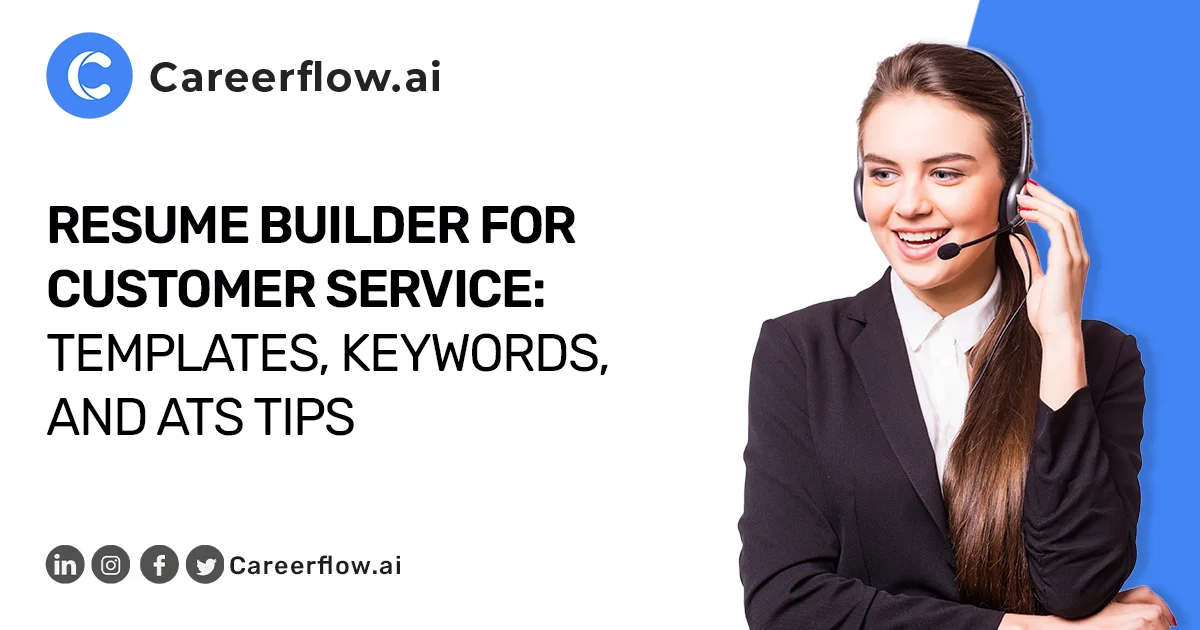
.webp)
